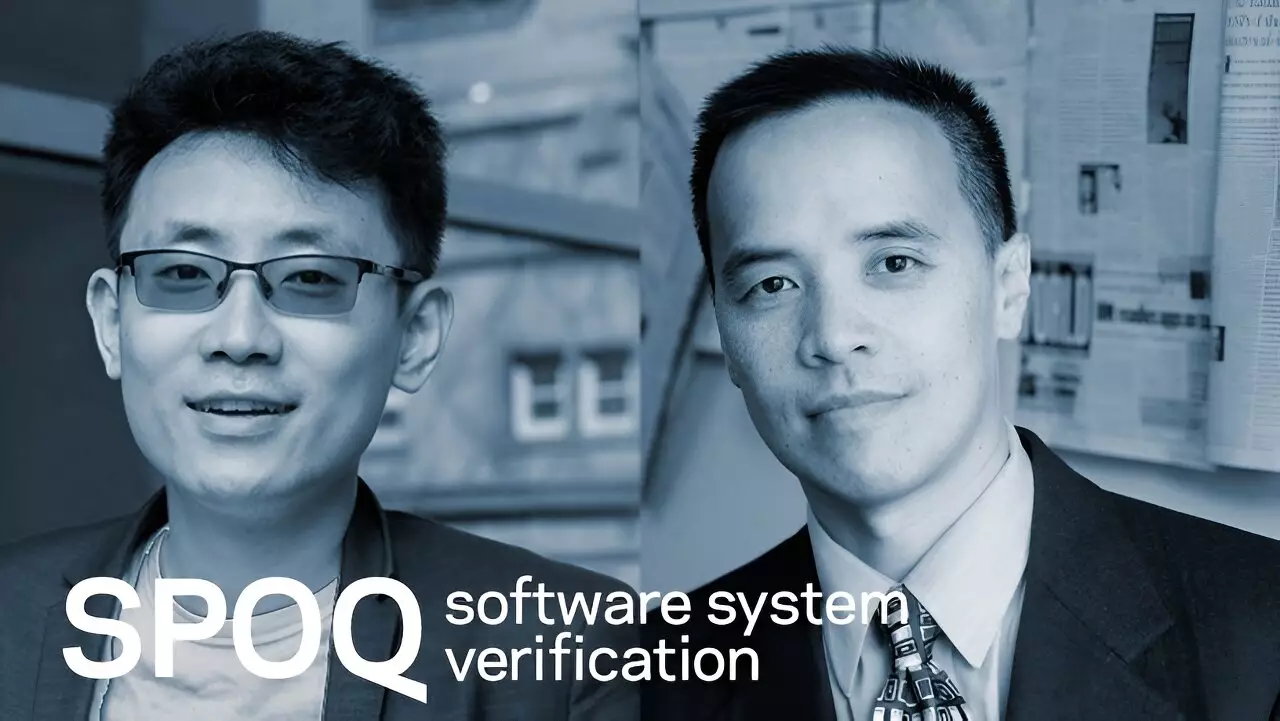Software development has become increasingly complex, making it challenging to ensure its correctness, safety, and security using traditional testing methods. The rise of generative AI techniques, such as ChatGPT, further emphasizes the need for rigorous verification of automatically generated programs. In response to this growing demand, researchers have developed Spoq, a novel tool that automates and simplifies the process of verifying real-world software without requiring modifications.
Formal verification, a mathematical approach to ensuring the correctness of software and hardware, holds great promise in guaranteeing system behavior aligns with intended specifications. However, practical application has been hindered by its complexity and the significant human effort involved. The pioneering work of professors Ronghui Gu and Jason Nieh, along with their teams, previously introduced verification techniques that enabled previously unattainable proofs. With Spoq, formal verification becomes accessible to a broader audience, as it automates laborious manual proof efforts, reducing the time required from months or years to just an hour.
Spoq’s key feature lies in its ability to automate time-consuming aspects of the verification process. By significantly reducing manual proof efforts, Spoq revolutionizes the way software security is achieved. Previously, verifying system software’s critical security guarantees was a daunting task, often requiring extensive human intervention. With Spoq, this tool empowers developers to mathematically prove that their software can withstand potential vulnerabilities and safeguard system security.
Spoq introduces a systematic and rigorous approach to software and hardware verification. By automating various aspects of formal verification, the tool increases efficiency and scalability, enabling developers to expedite the verification process. With Spoq’s ability to generate results within minutes instead of months, it eliminates the arduous and time-consuming nature of manual verification. This significant reduction in effort allows developers to focus on other critical aspects of software development, improving productivity and overall software quality.
The introduction of Spoq represents a significant milestone in the field of formal systems verification. As the Spoq tool continues to evolve, the research team led by professors Gu and Nieh is committed to making it open-source. By doing so, they aim to facilitate the widespread adoption of formal verification within the computing infrastructure. This initiative holds great potential in enhancing the security and reliability of software foundations.
Formal systems verification through Spoq brings a paradigm shift in the way software security is ensured. By automating tedious and time-consuming aspects of verification, developers can significantly reduce manual proof efforts and expedite the process. As software complexity continues to grow and generative AI techniques become more prevalent, the need for rigorous verification methods like Spoq becomes even more crucial. With Spoq, developers can now confidently produce secure software, laying the foundation for a more robust computing infrastructure.


Leave a Reply